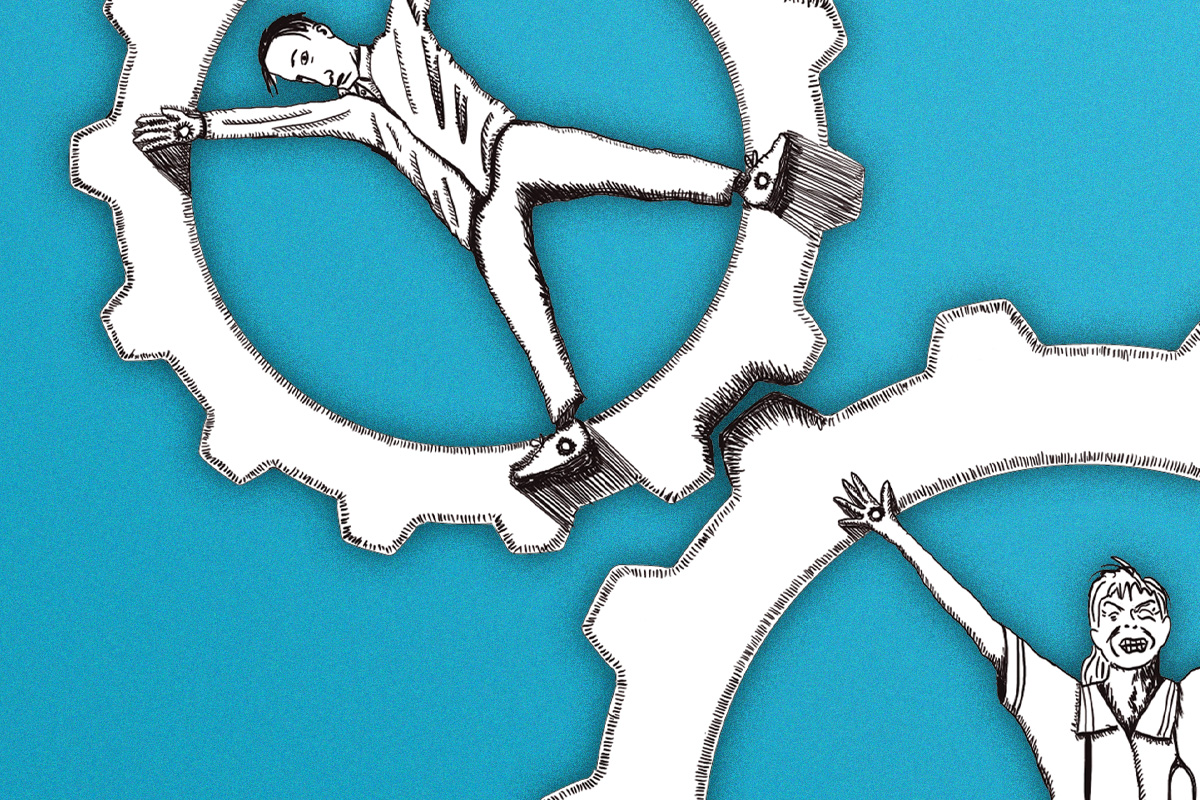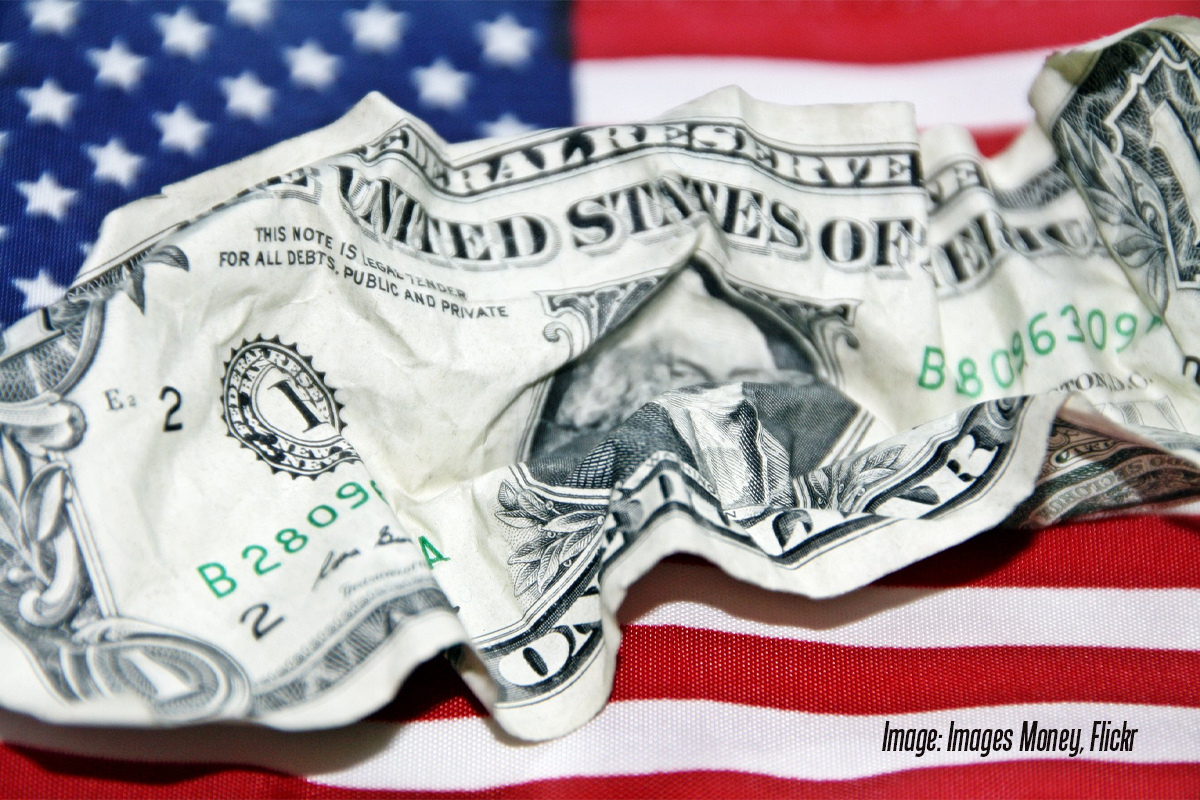Marxists are often accused of having a class bias, of having an irrational
prejudice against the capitalist class. We must admit, that yes we don’t
particularly appreciate the fact that while millions go hungry in the
underdeveloped countries a handful of super-rich billionaires actually decide on
the fate of the world.
While workers in the advanced countries are struggling to make ends meet, to
pay the rent or the mortgage, to pay the bills, to feed their children, the
super rich squander huge amounts on totally unnecessary luxuries.
But don’t these rich company directors also play a useful role in the
productive process? Aren’t they the ones who are supposed to take "big risks"
and therefore deserve their high incomes? These are some of the myths that are
thrown back at us whenever we raise the question of the terrible inequalities
under this system.
However, these rich individuals do seem to have double standards when it
comes to deciding the level of their own incomes. Workers are asked to make
sacrifices when the economy is doing badly. They are asked to moderate their
wage claims when profits are down. The bosses also have a liking for
productivity deals, i.e. the workers would get a bonus if they produce more. If
they produce less, of course their wages go down.
The other day, however, the case of the "shareholders’ rebellion" over the
proposed massive payout to Glaxo’s chief executive brought into the limelight
the double standards of the bosses.
Last year the average pay deal of the executives of the top 100 British
companies was increased by a trifling £1.73 million. This represented an
average increase of 9 per cent. That is three times the level of inflation. Over
the past few years all wage deals between the bosses and the unions have been
negotiated with the target of keeping wage increases below, or at least in line
with, the level of inflation. Also, many productivity deals have been signed.
And yet, last year the stock market values of these top 100 companies fell by a
quarter. Profit levels were also slowing down.
A recent survey carried out by the British newspaper, The Independent,
revealed that there has been a general pattern of chief executives getting
massive increases in their income, while the value of the shares of their
companies have been plummeting. This has left many shareholders with a bitter
taste in their mouths.
This has led to what has been described as a "shareholder rebellion". The
biggest such rebellion was over the question of how much to increase the payout
to Jean-Pierre Garnier, the chief executive of GlaxoSmithKline. By a narrow
margin of 50.7% the shareholders voted against a proposal that would have seen
Mr Garnier walk away with anything between £15 and £23 million if were to be
fired! Not bad as redundancy pay goes! We wonder what Mr Garnier would say if
the British firefighters were to
demand such payouts. After all, surely the risks they take are somewhat greater
than those of chief executives! But maybe, we are allowing our Marxist
prejudices to blur our vision. Mr Garnier obviously plays a more crucial role!
There are other worthy gentlemen on The Independent’s survey. Take for
example the case of Sir Peter Bonfield, the former chief executive of British
Telecom (BT). In just three years investors in the company have seen their
returns collapse by a staggering 70%. Sir Peter’s skilful management saw BT’s
debt rise to nothing less than £30 billion! In the face of such a disaster Sir
Peter was kindly requested to step down… but not without a handsome £3
million handshake. Another "captain of industry" Lord Browne of Madingley, the
chief executive of British Petroleum (BP) has also been making an effort to
boost investor confidence. BP’s shares have fallen by almost 25% over the past
three years. In spite of this, last year he received a trifling £4.9 million in
wages, bonuses (his productivity must be up), and contributions towards his
pension fund. This is happening at a time when most ordinary working people are
being told their pension funds will not be able to cover their pensions when
they retire.
The report provides a list of top executives and the "remuneration" they
received last year. Just ten of these between them received almost £30 million,
an average of £3 million pounds each. All of them saw massive falls in the
values of the shares of the companies they manage.
There has been a general outcry against this scandalous situation. Even the
British Liberals were outraged. Their spokesperson on Trade and Industry, Vince
Cable, pointed out that, "It’s not only unfair but massively demotivating for
employees who are badly paid, suffer insecurity and who are losing their
entitlements." We could translate this as meaning that "it is not good policy to
publicise such lavish payments. It tends to anger the working classes and so it
would be better to keep these things hidden away."
We can say this, although again we will be accused of having some irrational
prejudice against these fat cats, because no one – either at the top of these
companies or in the government – is going to do anything about it. The
government has already ruled out any legislation that would limit the levels of
such payments. Rather they will rely on "voluntary restraint".
Again, we can make the comparison with the firefighters. Prescott has
discussed the idea of passing legislation to force the firefighters to accept a
deal if they had continued with their strike action. So while there is no hurry
to curb "inflationary wage increases" for the rich, the workers can expect
different treatment.
Oh and just in case anyone thought that the "shareholder rebellion" at Glaxo
means some kind of "democratisation" of the running of these huge companies we
should remind them that the vote was "merely advisory". The real decisions, as
always, will be taken at the top. As this was an embarrassing case, Glaxo have
announced that they will "reduce" the lavish amount they intended to reserve for
Mr Garnier. However, they also added that the level of his payout would still
have to be kept high or, as they euphemistically put it, "competitive".
Otherwise he might be tempted to get a better paid job elsewhere.
The point is that there cannot be a "just capitalism" with "fair wages". The
system is based on maximising profit and enriching the few. It is the very
nature of the system. It cannot be otherwise. So the only way of removing such
blatant injustice is to do away with the whole system. Sack all the chief
executives. Nationalise the major companies, and place them under democratic
workers’ control and management. Then the voting will really count!






